Moving to Australia from Dubai in 2021 takes careful preparation and attention to details and documentation. We provide everything you need to know before moving from Dubai to Australia. Start your move today by obtaining up to 6 competitive moving to Australia quotations FREE.
Australia is known for its amazing landscapes, laid-back culture, high-quality of life, and multicultural communities. No wonder many people who came to the country as tourists came home, came back and settled in Australia for good. According to Statista, there are currently seven million immigrants in the country.
Preparation is the key to a smooth transition if you want to join Australia’s growing immigrant population. You need to be thorough in planning, making sure that you'll cover every aspect of the moving process - from moving your household items, pets, to applying for a visa, looking for a house, and opening a bank account in a foreign country.
In this article, we'll help you start planning by letting you know about the crucial steps that you need to take. We'll also be giving estimates to help you weigh your options and make you live comfortably in the new city.
For those who already have an employment contract or job offer in Australia, resettling can be straightforward and seamless. If you've already applied to one of Australia's work visas, you're good to go. The process is even more specific for blue-collar and highly-skilled workers. The reason for this is simply because there's a shortage of skilled workers in the country. If you can launch a business or create business opportunities for Australian locals, you'll have higher chances of getting your work permit application approved.
Expats in Australia enjoy many benefits like decent work benefits, outstanding work-life balance, good healthcare, up to the mark education, and better quality of living. All these don't mean that moving to the land Down Under is an easy task. You need to brace yourself for a lot of things when you relocate.
If you are coming to Australia with your pet, you need to figure out which category your dog or cat falls under - 1, 2, or 3. Group 1 is cats and dogs from Norfolk Island, Cocos Island, and New Zealand. Pets in this category won't need an import permit when coming with their owner to Australia. Cats and dogs falling under groups 2 and 3, on the other hand, will require an import permit. These pets that would come from approved countries where rabies are well-controlled or absent, and fully rabies-free countries.
Expats are generally made to feel very welcome in Australia, with its broadly relaxed and friendly atmosphere. Most areas of Australia including the major cities have relatively low crime figures and a high standard of living.
Another major advantage the country office is the opportunity for work particularly to skilled workers such as teachers, engineers IT, finance and medical professionals. Though the regulations relating to work visas are stringent.

With an excellent climate, Australia is a very popular destination for people who enjoy and outdoor lifestyle.
Sydney offers a very cosmopolitan lifestyle and a truly multicultural city experience. It offers a very high standard of living, though the cost of living is higher than any other part of the country. Though less trendy than Sydney, Melbourne offers very good amenities and a lower cost of living. With its laid back atmosphere, Melbourne is regarded as one of the most ‘liveable’ cities in the world.
Brisbane offers a clean friendly welcoming atmosphere with ample opportunity to enjoy the outdoor lifestyle. It’s a great place for families who can take advantage of numerous parks and beaches. The city and surrounding suburbs have excellent public transport links.
Of course, there are exceptions but the Aussies are generally a down to earth bunch, who don't project an attitude of superiority to anyone. Because of this, Australia is considered as a classless society. They also put a premium on sincerity and hate pretentiousness and arrogance. Australians don't trust people who are outwardly show-off and like to brag a lot. The norm is also all about self-deprecating humour.
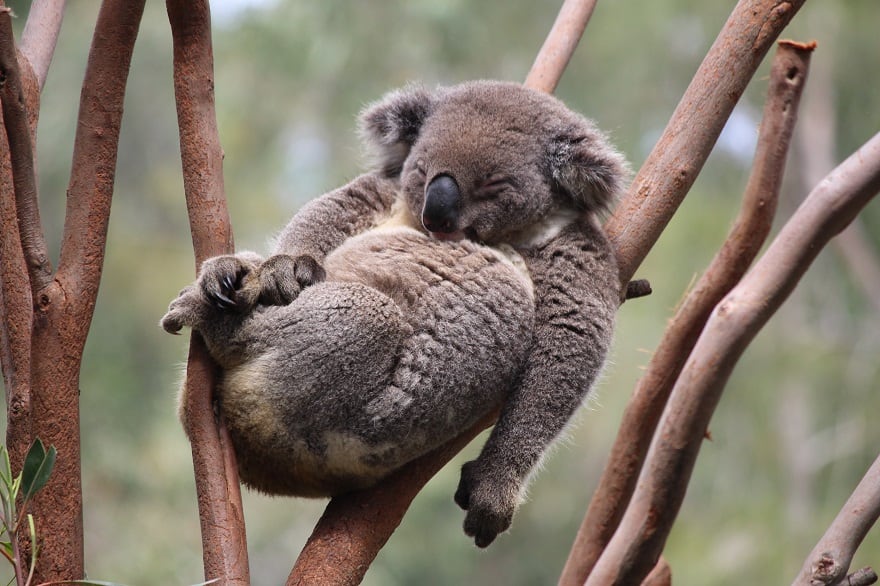
The local population are a pretty relaxed bunch in Australia.
Since the country has a casual and relaxed culture, the same culture is reflected in how they greet people in the community. For one, they interact on a first-name basis. They also stay away from using titles, even if it's their first time meeting someone.
When meeting someone for the first time, Australians confidently and firmly shake their hands. As an expat, never attempt to imitate an Australian accent. Avoid saying 'G' day, mate,' or 'G' day,' too. Even if you mean well, this may appear condescending to them, as if you're mocking them. A simple 'hi' or 'hello' would suffice.
Since Australians are generally laid-back, there are not many things that are off-limits or taboo to them. However, if you're meeting someone for the first time, avoid talking about race, politics, religion, and sex. Also, stay away from asking about the person's weight, age, or salary. These are considered rude behaviour.
You also have to note that it can be hard to impress Australians. And even if they are indeed impressed, they won't be very vocal about their feelings, so don't take it personally when they are not that positive with your presentation, talk, or idea.
If someone invites you to their place for dinner, be polite enough to bring flowers, chocolate, or a wine bottle. Being late for a party for 15 minutes or less is acceptable, and anything beyond that is considered rude. It would be best to arrive on time. Also, be considerate enough to ask what you can contribute to the party. Cleaning up after the event shows that you respect the host.
If you're invited to a barbecue party, make sure to bring meat and alcohol. Leftovers are left for the host. And if you are at the event, make sure to treat everyone kindly, including the waiters and hostesses. Since Australians don't have a superiority complex, they treat everyone with respect, including those in the service industry.
If you dine out with a date or with friends, it's expected that each person pays for his meal and drinks. Though buying rounds is common, you are expected to pay for your own drink when no one volunteered to pay for the drinks. Tipping may not be mandatory, but it's a polite thing to do when dining in high-end restaurants.
The cost of living in Australia will depend on where you choose to settle. If you live in major cities like Sydney and Melbourne, expect a higher cost of living. However, if you live in the suburbs, your expenses will be significantly lower.
The cost of living in the country will largely depend on where you choose to live. If you live in Sydney, you'll need at least 5,194.50A$ per month for a four-person household, excluding rent. If you live alone, you need at least 1,433.45A$ per month, excluding rent. Compared to Melbourne, Sydney's consumer prices are higher by 10.05%.
When it comes to consumer prices, including rent, Sydney is also more expensive by 19.28% compared to Melbourne. When it comes to dining out, Sydney's restaurant prices are even higher by 9.03% than Melbourne’s prices. Groceries in Sydney are also higher by 4.44% compared to that in Melbourne. Lastly, the locals' purchasing power is lower by 9.19% in Sydney compared to Melbourne.
A meal in an inexpensive resto in Sydney may cost you 19.00 A$, while a meal for two persons in a 3-course in a mid-range resto may cost 100.00 A$. A one-way bus ticket will cost 4.49 A$, while 1-liter gasoline costs 1.50 A$. When it comes to utilities, the essential utilities for an 85m2 apartment is pegged at195.46 A$. The preschool cost is at 2,302.58 A $ per month, while international primary school is at 22,895.83 A $ per year.
Yes, you still can survive Australia if you have a tighter budget. You can choose to share your apartment with another ex-pat so that you can split the monthly rent. You can also opt to settle in less expensive neighbourhoods. Lastly, instead of dining out, set aside time to prepare your meals at home. Through these, you can significantly lower your monthly expenses.
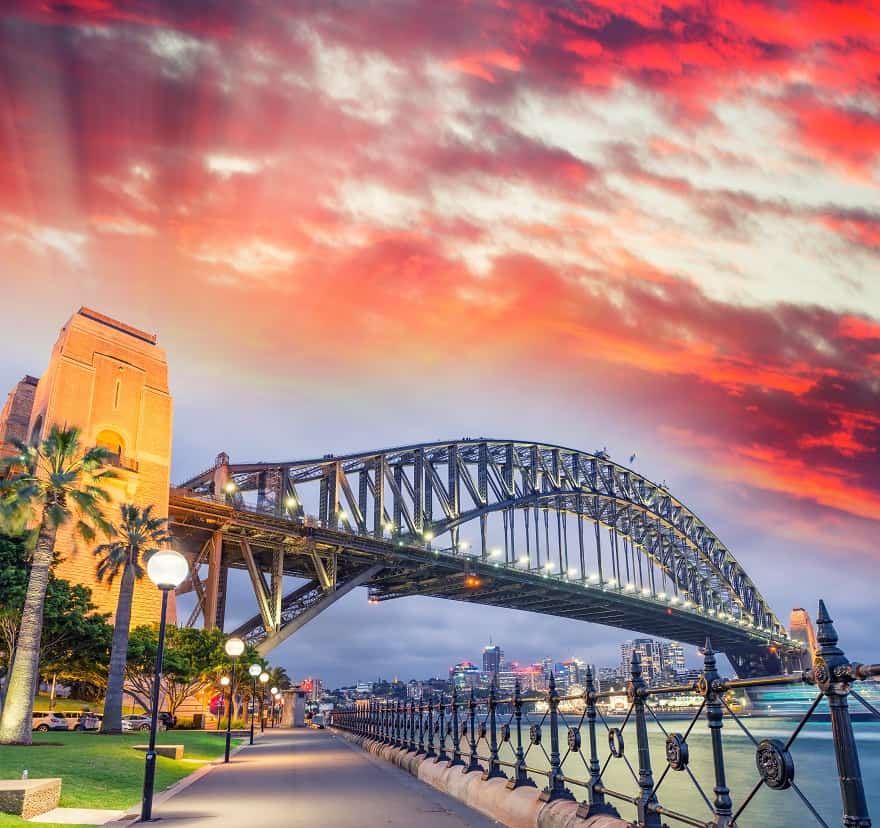
Sydney Harbour Bridge at sunset
Everybody knows that the title would always be given to Sydney when it comes to the most expensive Australian city. This is the Southern Hemisphere’s capital and is ranked as one of the most expensive cities in the whole world.
After Sydney, Melbourne is the second most expensive city to live in. After that, you have Canberra, Perth, Brisbane and Hobart. Housing cost is the primary driver of the higher cost of living in these areas. And since some of these cities are considered as famous tourist destinations, you can't stop the shop and restaurant owners from raising the costs of their commodities, too. If you're an ex-pat living in these cities on one income only, life can be quite challenging. Families or couples living here also need a more significant financial cushion to live comfortably in these areas.
If you're looking for more budget-friendly cities, go for Darwin, Perth, and Adelaide. The housing costs in these areas are not only cheaper, but they are also stabler, too. And in Perth, you will find housing costs falling.
If you and your kids are citizens or permanent residents of Australia, you can benefit from the country's free public schools. All those who do not belong in any of these categories will be required to pay a minimal fee. If you send your kids to school, expect to spend a few hundred dollars on tuition fees and school supplies.
If you plan to send your kids to a private school, the yearly fee is around 10,000 AUD. International students seeking education in Australian universities also have to pay more compared to local university students. On average, an undergraduate degree costs somewhere between 20,000 and 48,000 AUD annually.
When it comes to healthcare costs, the country offers free public healthcare that's been funded through the taxpayers’ money. If not entirely free, you can also expect a hefty subsidy from the government. If you opt for private insurance, you can expect to pay 200 AUD for a basic healthcare plan, 300 AUD for medium healthcare coverage, and 300 AUD for a top healthcare plan.
When in Australia, it's better to take advantage of the country's well-maintained, highly-efficient, clean, air-conditioned, and modern public transportation system. The country has excellent facilities, and the government heavily regulated the same. Terminals and stations are monitored 24/7 to keep it safe. It's common to see plain-clothed or uniformed security personnel riding public transportation to maintain both commuters and passengers’ security and safety.
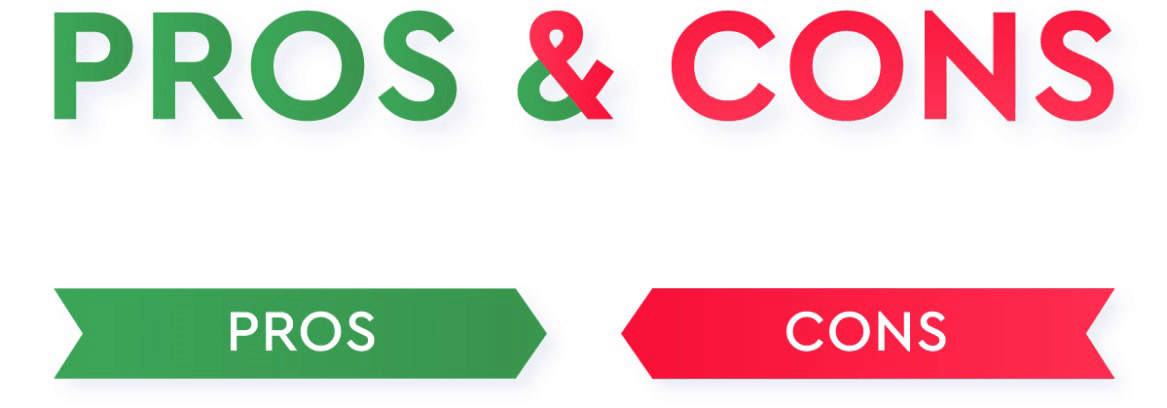
When you're moving to a different country, planning your move shouldn't start when you apply for a visa. Ideally, it should begin 12 months before your actual moving in date. To help you establish a realistic timeline, here are some things that you should prepare.
Twelve months before moving to Australia, make sure that you start getting professional advice on your migration plan and consulting with your family and friends. Research on your work and living options when you finally reach the country. You should also figure out where you should live and what types of jobs are available. To do this, you can attend events like seminars and migration expos to hear advice from experts.
You can also look into what kind of Australian visa you can apply for based on your qualifications and intentions. Better yet, talk to a migration agent who is an expert in the Australian migration process. Once you've figured out what kind of visa applies to you, apply for it. Start saving money for your moving out expenses. It would help if you also reduce your debts and identify the things you need to buy when you arrive in Australia.
Six months before the move, make sure that your Cv is up-to-date with your latest qualifications, experience, and references. This is also the best time to seek employment opportunities in the country and apply for the same. You should again start organizing your health insurance. If you have to apply for Australian health insurance, do it now.
If you have children coming with you, enrol them in a school, university, or educational provider ahead of time. If you're considering selling your house and vehicles, make sure to start putting them on the market by this time. If you have unwanted belongings you want to get rid of, consider selling them now. This is also the right time for you to arrange your temporary accommodation to have a place to stay as soon as you arrive in Australia. If you need to renew your passport, do it during this time. And don't forget to book your flight to Australia, too.
One month before the move, you should already book a car for hire to have transportation when you arrive in Australia. Start collecting your tax and financial statements, too. Gather all your utility statements - phone, water, gas, and electricity, as well. Safely keep your medical reports and files, also. Make sure to pay all your outstanding bills and request the cancellation of your accounts. Organize your belongings’ shipping and separate shipped items from those you'll be bringing onboard your flight to Australia. To prepare yourself when you land in the country, buy some Australian currency a month before your flight. Lastly, say goodbye to your family and friends as you're ready to fly to the Land Down Under.
When moving to Australia from Dubai, importing Household Goods and Personal Effects
For a more in-depth look at documentation please check the International Association of Movers.
There are different ways to enter Australia, but the most common is through a work visa. Here is some of the crucial information you need to know before applying for an Australia work visa.
A foreign national’s specific requirements to be issued an Australian visa largely depend on the type of work visa one is applying for. But generally, you need to submit the following general requirements:
One of the most important considerations to help you move to Australia fast are your employment-based visa and work permit. Here are some of the common types of Australian work visas:
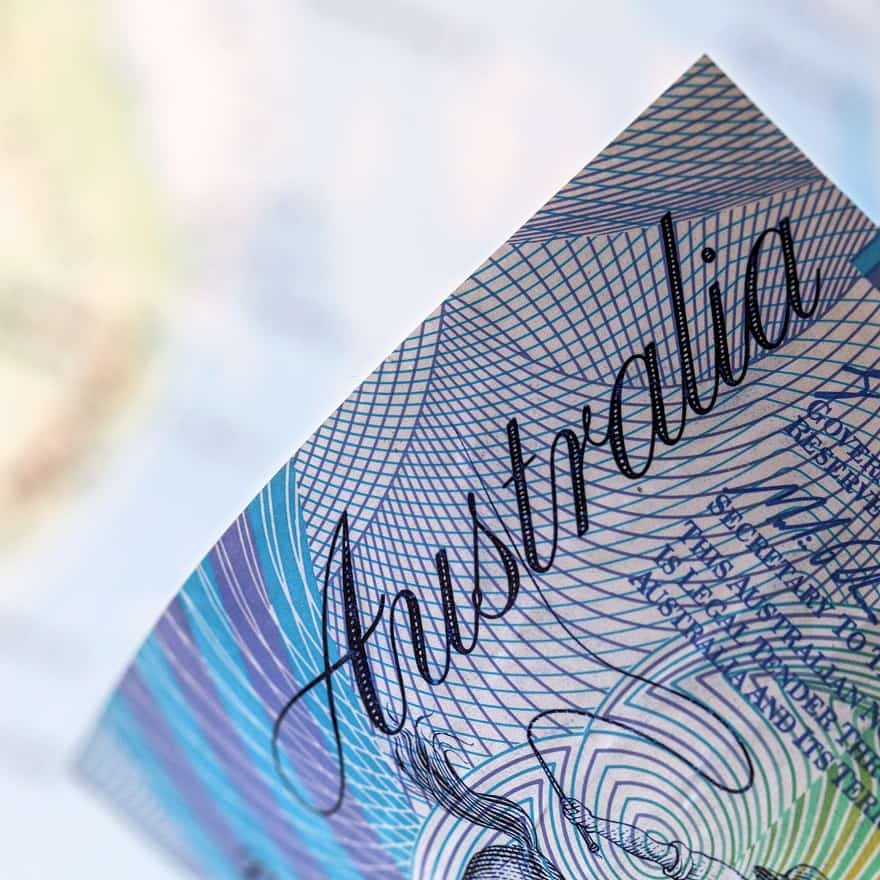
When moving to a new country, another important factor that you have to consider is how you can manage your finances when living and working there. This means you have to check how to open a bank account and check what kind of taxing system will apply to you.
The country’s banks use a 100-point check system wherein an individual is asked to produce different kinds of ID. For every ID you produce, you get a certain number of points. You'll need to meet at least 100 points to open an Australian bank account. A non-resident can open an account from overseas, and though the requirements vary from bank to bank, these requirements include the following:
You can open a bank account twelve to three months before your actual arrival date. You need to be 18 years old, too. The whole process can only take about five to 10 minutes.
Part of your moving process understands the country's taxation system. To avoid being taxed twice, you need to familiarize yourself with the country's double tax agreements. Currently, Australia has existing treaties with over 40 jurisdictions. Admittedly, figuring the country's tax system can get intimidating, which is why it's best to seek the professional advice of a Certified Public Accountant in the state before your arrival.
While the country's tax system is slightly confusing, applying for an Australian bank account, on the other hand, is pretty straightforward. Unlike other countries, especially the United States, you don't have to be in Australia to apply for an Australian bank account. You can do this over the phone or via the internet.
There are several ways of paying your utility bill in Australia. The easiest way is by activating your credit or debit card's auto-debit feature. Besides this, you can also pay by money order through mail, or use Australia Post's services by calling 131-816. You only need your biller code to facilitate payment through this channel.
Australia is a big country with different climate zones. The northern parts of the country have a tropical climate -- humid and hot during summer and dry and warm in the winter. The Southern parts of the country, on the other hand, are cooler - with rainy, cold winters and mild summers.
65%
8
26oC/79oF
10oC/50oF
6
64%
29oC/84oF
19oC/66oF
6oC/43oF
If you can't afford to buy your own house, or if you don't intend to stay permanently in the country, consider renting a property. If you go for this option, take note that the rental rate of a city center solo bedroom apartment is usually at 1,691.97 A$ per month.
A city center apartment for three persons, on the other hand, is generally at 2,821.28 A$ per month. If you're looking for an apartment outside the city for one person, expect to pay 1,284.63 A$ per month. The same apartment within the town for three persons will most likely cost 2,821.28 A$ per month.
If you're a foreigner planning to buy a property in Australia, know that you can do so, but with a few restrictions. The said restrictions would largely depend on your residence status and visa type.
When you decide to buy a house in Australia, an apartment’s price at the heart of the city is pegged at 8,289.07 A $ per square meter. If you want a cheaper rate, you can consider renting a property outside the city. The price of an apartment outside the city is estimated at 5,775.99 A$ per square meter.
There are over 1,3000 private and public hospitals in Australia that offer a wide variety of healthcare services for non-residents. One of these is the country's Reciprocal Healthcare Agreement with different countries. If you're from any of these countries, you can access Medicare services. In Australia, you can choose your specialist, doctor, type of care, and insurer.
Permanent residents and Australian citizens, including those who are still applying for permanent resident status, can access the country's public health system with little to no cost through Medicare. Medicare is the country's attempt to make healthcare available for everyone. This has been operative in the country and all Australian states since 1984.
The same system is also available for expats from these countries under the latter's Reciprocal Healthcare Agreement with the state. Currently, Australia has an agreement with countries like the United Kingdom, Sweden, Slovenia, Norway, New Zealand, Netherlands, Malta, Italy, Ireland, Finland, and Belgium.
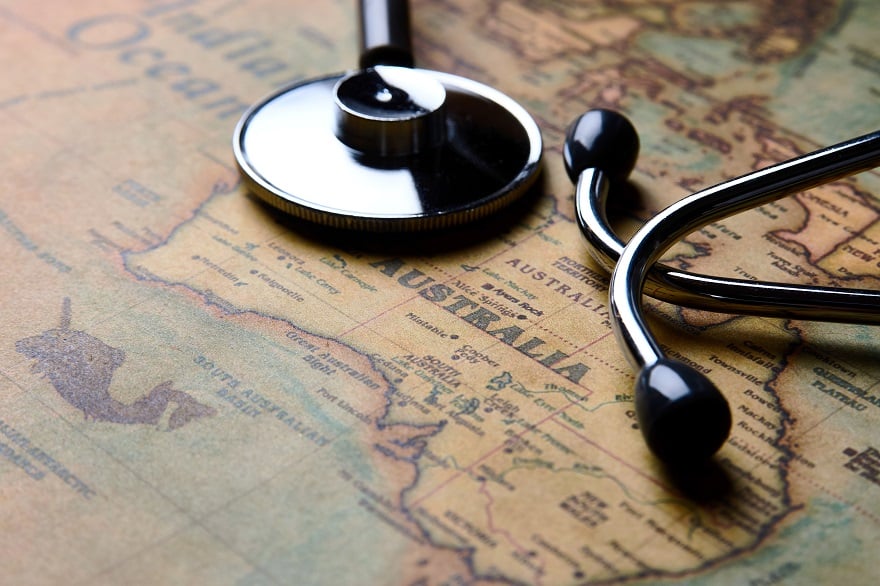
The country's healthcare system is considered one of the best and most comprehensive, globally. They have a hybrid system that consists of private and public parts. Those seeking healthcare in the country should consult with the primary healthcare givers.
This level of care is given by a general practitioner, doctor, dentist, pharmacist, or nurse. You can also go to Medical specialists, too. They are also considered primary care providers in the country, and they offer specific services like gastroenterology or cardiology.
As mentioned above, you need to enroll your kids in school ahead of time. The country's educational system is divided into primary education, secondary education, and higher or tertiary education. The first two are compulsory. After these years, the student can now choose whether or not he'll pursue higher education. If he wishes to proceed, he can go to universities or technical colleges.
The Australian school year starts in the latter parts of January and ends in the middle of December. Most schools either have three or four semesters, with each term lasting within nine to 11 weeks. Vacation in between semesters goes as long as two weeks.
Private schools in the country are called independent schools because they are owned and operated by private individuals. The government manages the country's public schools.
As far as the cost is concerned, private schools are expectedly pricier than public schools, with the cost being as high as 10,000 AUD per year. The tuition fee in public schools is not more than a few hundred annually.
In public schools, school uniforms are required, but they are less pricey than the uniforms in private schools. A private school blazer can cost around 200 AUD. Facilities in private schools are also better, and these include art rooms, music rooms, classrooms, gym facilities, sports equipment, laboratory, and libraries.
Private institutions also have a lower student-to-teacher ratio. And while public schools are prohibited from turning students away, private schools can be selective. Lastly, admissions in private schools are demanding and rigorous compared to public schools.
You don't have to enroll your kids to an international school for them to get an excellent quality education. Though private schools’ facilities are better than public schools, it doesn't mean that the latter is lagging way behind in terms of academic excellence. The even better thing when enrolling your kids in a public school is the system, and their interactions with the kids of the locals can help them adjust faster and better to the culture and ways of living in the country.

Moving to a different country can be daunting, and if you don’t get on top of things it can become quite stressful. Moving to Australia presents its own set of unique challenges, but if you follow the guidelines we have provided, we feel certain you can experience a smooth relocation to Australia.
You can start the ball rolling by completing our simple form, allowing international movers to get started on your quotation, today!
Note: This document is provided as a guide for people moving to Australia and for information purposes only. Customs regulations can and do change at any time, usually without notice. Your mover will provide you with more information.
